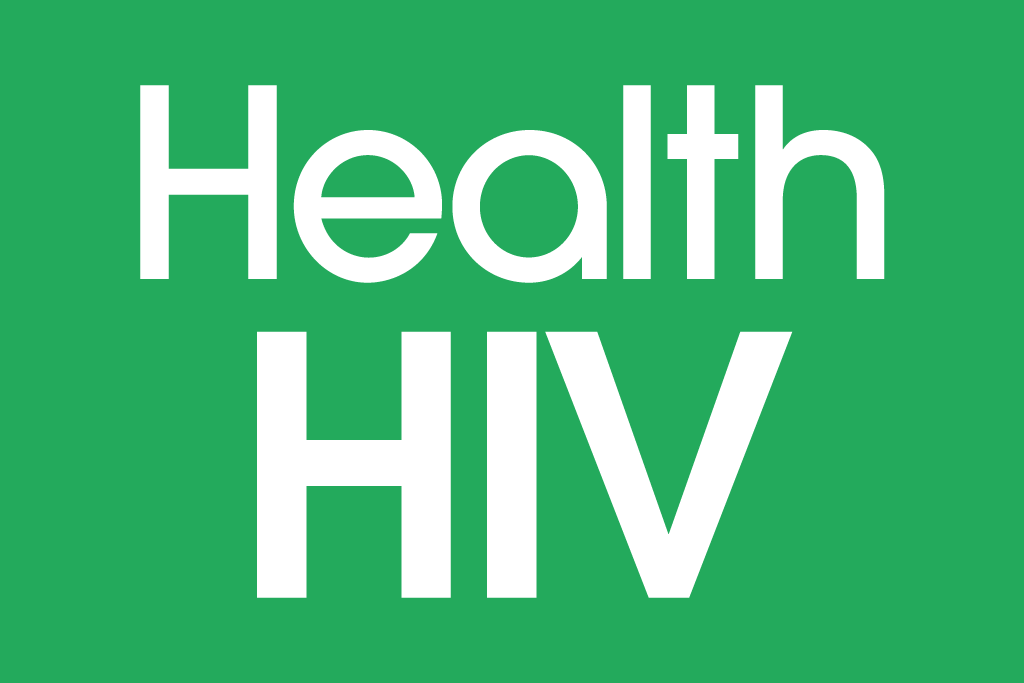A Novel Process for Determining Evidence and Impact of Retention and Re-Engagement Interventions for Dissemination
This presentation discusses results from the HRSA Special Projects of National Significance Evidence-Informed Approaches to Improving Health Outcomes for people with HIV project.
Re-Engagement into HIV Care: An Urban Communities Model
This presentation focuses on reducing the percentage of HIV patients who are out of care. Participants will learn to use a multi-disciplinary team approach to identify patients who are truly out of care, pinpoint the most effective approach toward contacting patients to be brought back into HIV care, and maintain the patient’s HIV care.
Leveraging Electronic Health Records to Collect and Integrate Outcomes-Based Data in Care
As part of a Ryan White HIV/AIDS Program (RWHAP) Special Projects of National Significance (SPNS) initiative Improving Health Outcomes through the Coordination of Supportive Employment and Housing Services, Gay Men’s Health Crisis (GMHC) updated its data management process to better document housing and employment service outcomes.
Peer Engagement to Improve Linkage to Care and Retention in Care for Youth, Women, Infants, and Children
University Health (UH) uses peers and patient navigators to provide support, reduce barriers, and improve linkage and retention to care for women and youth with HIV.
Use of Social Media to Improve Engagement, Retention, and Health Outcomes along the HIV Care Continuum
Resources from ten demonstration sites that participated in Use of Social Media to Improve Engagement, Retention, and Health Outcomes along the HIV Care Continuum, a HRSA HIV/AIDS Bureau Special Projects of National Significance (SPNS) Program initiative.
Using Community Health Workers to Improve Linkage and Retention in HIV Care
Resources to help clinics integrate community health workers (CHW) into an HIV multidisciplinary team model. CHWs can strengthen the health care workforce and improve access to health care and health outcomes for racial and ethnic minority people with HIV.
ARTAS – Antiretroviral Treatment Access Study
The Antiretroviral Treatment Access Study (ARTAS) is a strength-based case-management intervention to link recently-diagnosed HIV-positive persons to care and sustain them in care for more than a single visit.
Retention in Care and Medication Adherence
Health behaviors, such as retention in HIV medical care and adherence to antiretroviral therapy (ART), pose major challenges to reducing new HIV infections, addressing health disparities, and improving health outcomes. Andersen’s Behavioral Model of Health Service Use provides a conceptual framework for understanding how patient and environmental factors affect health behaviors and outcomes, which can inform the design of intervention strategies.
Retention and Re-Engagement in HIV Care Project
The Minority AIDS Initiative/SPNS Retention and Re-Engagement in HIV Care Project developed innovative and replicable HIV service delivery models. It used HIV+ peers to help patients engage and/or remain in care while providing a range of services.



